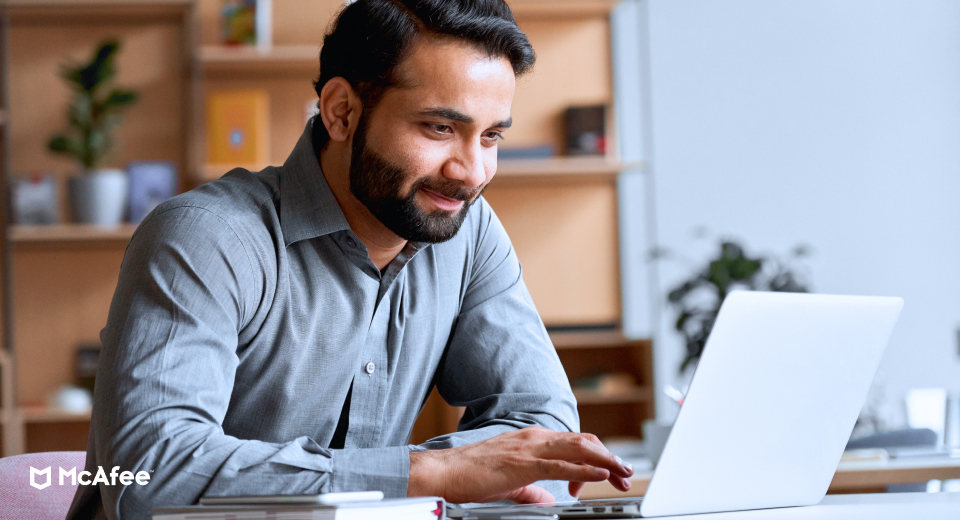If you want to be a pro at privacy, here’s a tip: When it’s time to go online, whether it’s at an airport lounge, coffee house, hotel, or any other public Wi-Fi spot, don’t log into any of your accounts unless you use a virtual private network (VPN).
A VPN is a technology that creates a secure connection over an unsecured network. It’s important to use because a hacker can potentially “see” your login information on an unsecured network. For instance, when you log in to your bank account, the hacker may be able to record your information, and even take money from your account.
Here are a few other important things to remember about unsecured networks:
- It’s possible for cyber snoops to see your transactions, including email.
- Snoopers and bad hackers can spy on the sites you visit and will know the passwords and usernames you use to access any account.
- A Wi-Fi spot itself can be malicious, in that it was set up by a cybercriminal.
- Even a reputable Wi-Fi spot, like that at a name-brand hotel, could be tainted. Hackers can use software to hijack Internet connections and trick users into using fake web addresses.
The good news is that you can subscribe to a VPN service for a low monthly fee. Now, if you have a VPN, you can feel at ease logging into any site on public Wi-Fi, because a VPN scrambles, or encrypts, all cyber transmissions. So to a snoop or hacker, your passwords, email messages and everything else will appear as unintelligible garble.
In addition to encrypting your transactions, most VPNs will conceal your device’s IP address. What you’re doing and which sites you are visiting will be under lock and key. This will stop companies from snatching users’ browsing habits and other data and sharing it with other online entities.
So, if your schedule doesn’t permit you the luxury of doing all your important Web surfing on your secure home Wi-Fi, and you often find yourself logging on to your bank’s site or other accounts while you’re away from home, remember that you really need a VPN. Because, when you are on an unsecured network, everything you do on your computer gets laid out on a silver platter for the cyberthugs.
Your information could be compromised, or your device could get infected and crash, wiping out all of your files.
A hacker might even threaten to wipe out your files if you don’t pay a ransom. The bottom line is that anything is possible when using public Wi-Fi, but VPNs can end all these concerns.













